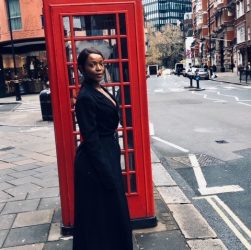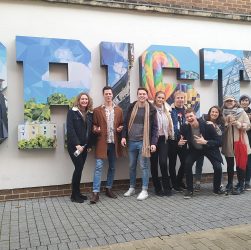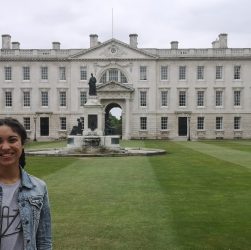Greetings and salutations to you, future S.U. ambassadors and travelers. I’m an MBChB V student who just experienced the most …


Greetings and salutations to you, future S.U. ambassadors and travelers. I’m an MBChB V student who just experienced the most …

Before departure – South Africa Planning for a semester exchange abroad is vital and almost just as daunting as actually …

Pre-departure: My International Summer School experience had been in the making for almost a year. I had known for a …